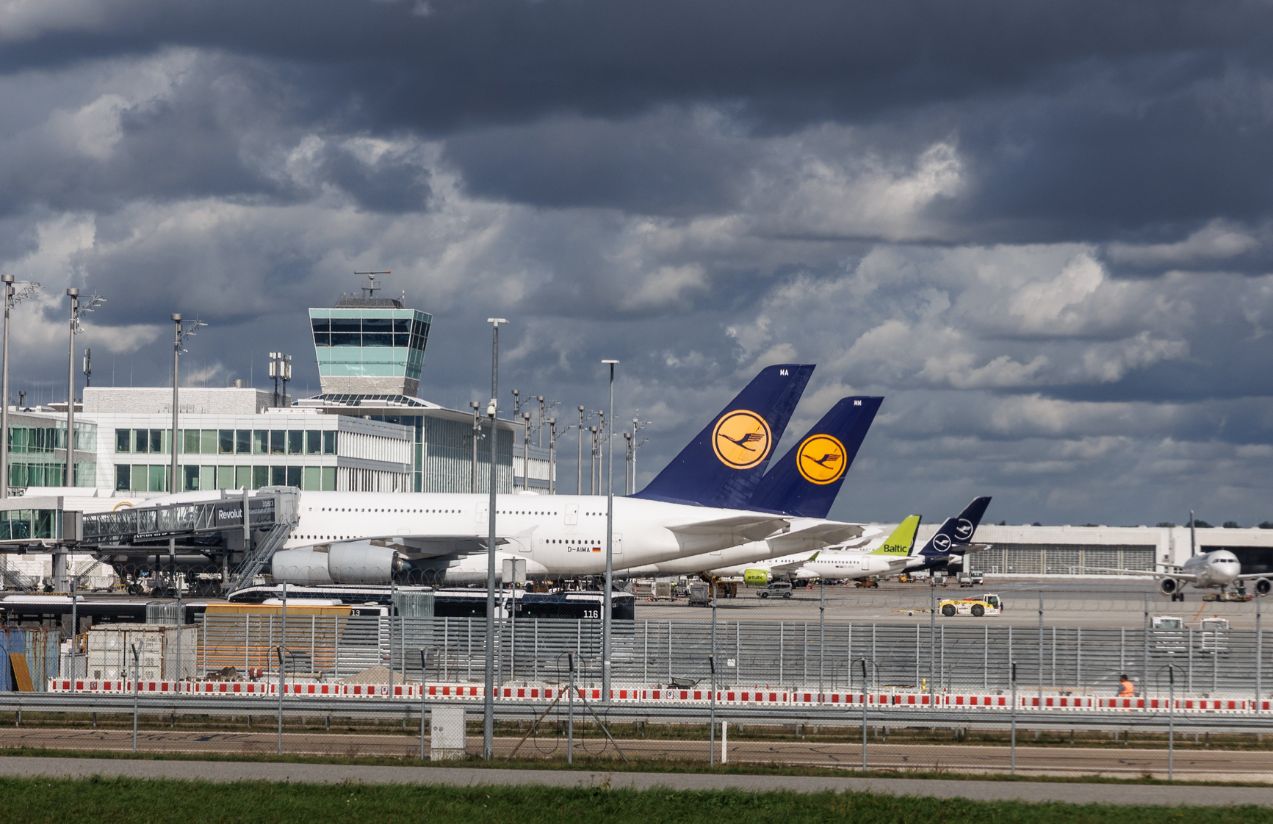Last Thursday night, Munich’s major airport was temporarily shut down following reports of multiple drones in the vicinity, disrupting air operations and affecting thousands of passengers. Authorities reported that up to 17 departing flights were canceled, while 15 incoming flights were diverted to airports such as Stuttgart, Nuremberg, Vienna, and Frankfurt. To ease the impact, folding beds, blankets, drinks, and food were distributed among the stranded passengers.
The closure began around 10 p.m. local time, when air traffic control detected drone activity over the facilities. Police forces and a helicopter were deployed to try to locate the objects, but without success. By the following morning, around 5 a.m., the airport had already resumed normal operations.
Is there a real risk to air safety from these sightings?
Yes. The unidentified presence of drones in sensitive areas such as airports poses a direct threat. If these objects cannot be detected, controlled, or neutralized in time, they could collide with aircraft or cause failures in navigation systems. In today’s tense geopolitical climate in Europe, such incidents highlight the urgent need for more effective defensive systems against intrusive drones in controlled airspace.

